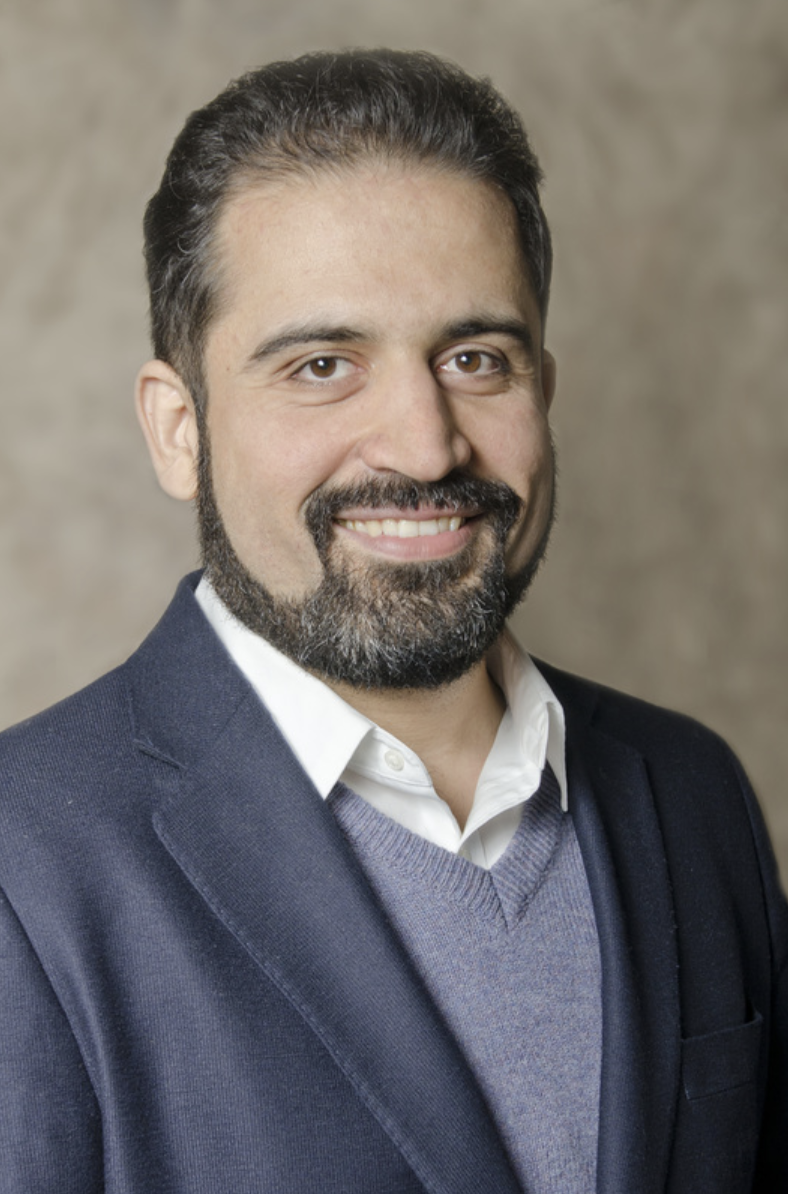Bio
 Department of Psychiatry, University of Minnesota, USA
Department of Psychiatry, University of Minnesota, USA
Dr. Ekhtiari is the secretary of the Global Expert Network at the International Society for Addiction Medicine (ISAM GEN). Dr. Ekhtiari’s lab is focused to reshape the future of addiction treatment using brain imaging in combination with non-invasive brain stimulation technologies and cognitive training. Dr. Ekhtiari is director of the international network of tES/TMS trials for addiction medicine (INTAM). INTAM with over 50 lab members promotes international collaborations to increase research quality and implementation of non-invasive brain stimulation technologies in addiction medicine. Dr Ekhtiari also serves as the co-chair of the neuroscience section at the ISAM and directs the brain awareness for recovery initiative (BARI). BARI incorporates neuroscience content, with cartoons in neurocognitive informed psychoeducation and training, targeting different cognitive mechanisms associated with drug addiction and recovery. BARI materials are translated and culturally adopted by scientific authorities in 22 languages in 5 continents so far.
Abstract
Developing World Addiction Medicine Reports: ISAM Global Expert Network
Substance use disorders, its comorbidities and health service provision and manufacturing and trading of drugs and drug-related comorbidities constitute highly complex and increasingly global phenomena which need a thorough and structured decision and policy making. It is well understood that these issues are shaped by a multitude of public health, socio-economic and political aspects and involve a diverse set of stakeholders. Effective decision formation and informed subnational, national, and international policy making in this context require reliable access to substantial volumes of multi-modal data. In addition, these phenomena are often dynamic and sensitive to wider systemic changes, necessitating the development of infrastructure for rapid information collection to identify and respond to emerging challenges in the global level. With the development of national observatory and research bodies, advances in data analytics and falling costs of data collection and digitization, great strides have been made in evidence-based addiction science. However, several systemic information gaps remain to be addressed. Furthermore, data collection remains labor and time intensive, complicating timely monitoring and intervention. Taken together, these obstacles demonstrate the need to build an infrastructure which can reliably collect valid data to inform global and regional decision and policymaking about substance-related issues.
To tackle the current problem of not having a complete and reliable data on substance-related concerns and not existing a well-established organization to play the role of collecting, analyzing and reporting the data of substance-related information and the emerging concerns, we aim to develop a representative and validated global network of country experts in drug addiction, and a web-based infrastructure to conduct structured expert elicitation surveys and produce longitudinal “World Addiction Medicine Reports”. In this regard, with the early emergence of COVID-19, we could successfully collect the status of treatment and harm-reduction services to people with substance use disorder from 177 addiction experts from 77 countries. Using our experiences in our previous global surveys within the International Society for Addiction Medicine (ISAM) we developed a new platform to generate World Addiction Medicine Reports that collect and aggregate country-level information on drug demand, health impacts and service provision, and policymaking aspects of substance use disorders in 100 countries. The World Addiction Medicine Reports will be providing longitudinal data from every world region and country about important trends in substance use and substance use disorders. These include drug demand (prevalence of substance use and use disorder, patterns of use, etc.) and supply (availability, accessibility, purity, price, amount, etc.), drug-related harms (health, social, legal and economic), policymaking priorities and attitudes, health services (mental and physical) for substance use disorders and behavioral addictions (availability, access, affordability, appropriateness), dynamic trends and changes in addiction medicine as perceived by addiction medicine professionals, forecasting knowledge on the future of substance use disorder relevant services/policies (e.g., harm reduction, decriminalization, or legalization) across the globe, emerging crises, e.g., pandemics, new substances, rapid changes in drug supply, new addictive behaviors, disasters and forcibly displaced populations.
In this talk we will discuss how this project will lead to the establishment of the first globally representative and extensively validated online platform of expert elicitation in addiction medicine. We will also discuss opportunities for international experts to join this initiative. Leveraging the knowledge of hundreds of experts, annually produced World Addiction Medicine Reports will aim to address important gaps in knowledge about various aspects of addiction medicine on a year and country level.
